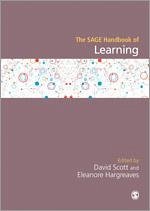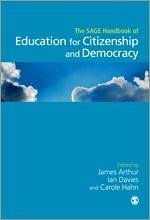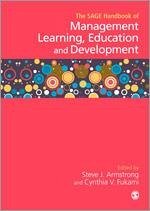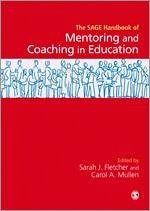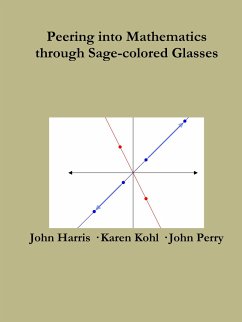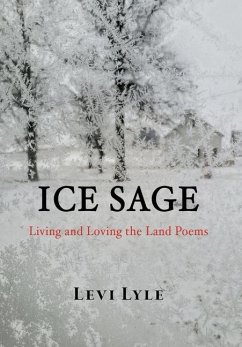Nicht lieferbar
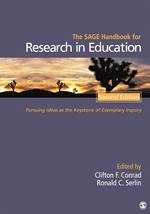
The Sage Handbook for Research in Education
Pursuing Ideas as the Keystone of Exemplary Inquiry
Herausgeber: Conrad, Clifton F; Serlin, Ronald C
Versandkostenfrei!
Nicht lieferbar
The SAGE Handbook for Research in Education stimulates and encourages students, faculty, and educational practitioners, including individuals in education, government, and the private sector who conduct applied and policy-oriented educational research, to place the pursuit of ideas at the epicentre of their research-from framing meaningful problems to identifying and addressing key challenges to the reporting and dissemination of their findings. As well as supporting readers to place the pursuit of ideas as the keystone of exemplary inquiry, the Handbook draws on the perspectives of scholars r...
The SAGE Handbook for Research in Education stimulates and encourages students, faculty, and educational practitioners, including individuals in education, government, and the private sector who conduct applied and policy-oriented educational research, to place the pursuit of ideas at the epicentre of their research-from framing meaningful problems to identifying and addressing key challenges to the reporting and dissemination of their findings. As well as supporting readers to place the pursuit of ideas as the keystone of exemplary inquiry, the Handbook draws on the perspectives of scholars representing diverse fields within the field of education-from pre-kindergarten to elementary and secondary school to higher education-as well as qualitative, quantitative, and mixed-methods approaches to inquiry. The chapters are punctuated throughout by the voices of authors who wrestle with the formidable challenges of framing and conducting and reporting meaningful inquiry. New to the Second Edition: -The Handbook has been re-conceptualized into three parts: Part One.Exploring Ideas: Embracing Inquiry and the Craft of Framing Meaningful Problems; Part Two, Pursuing and Sharing Ideas: The Design and Conduct of Inquiry and the Communication of Results; and Part Three, Engaging Ideas: Reflections of Scholars. -Section II has been completely revised to include new chapters focused on formulating meaningful problems. -Eleven new chapters have been added on the following topics: developing and framing meaningful problems; reviewing literature and formulating problems; research design in qualitative/quantitative/mixed methods; integrating education inquiry across research traditions; writing, voicing, and disseminating research; using historical methods; appropriate scaffolds for new researchers; conducting research on leadership and change in education; and the arc of research. -Chapters by the following scholars have been added: Laura Dunek, Marybeth Gasman, Michael R. Harwell, Erica Rosenfield Halverson, Richard Halverson, Elfrieda H. Hiebert, Carolyn Kelly, Karen Seashore Louis, Ronald C. Serlin, and William G. Tierney.




